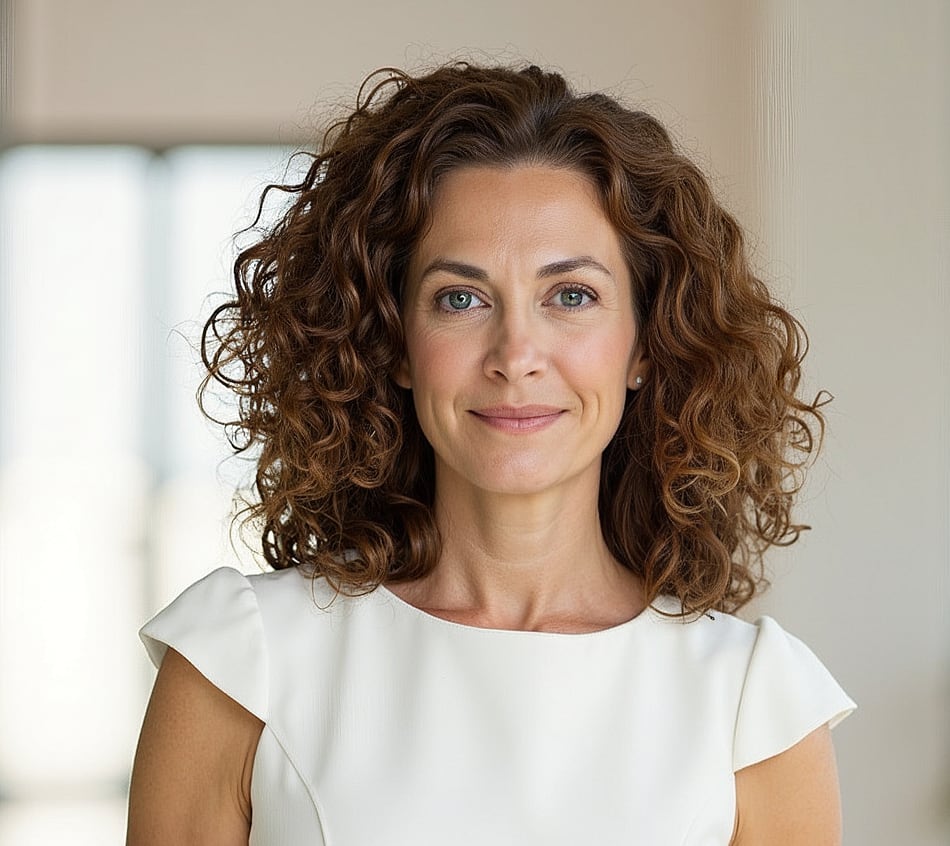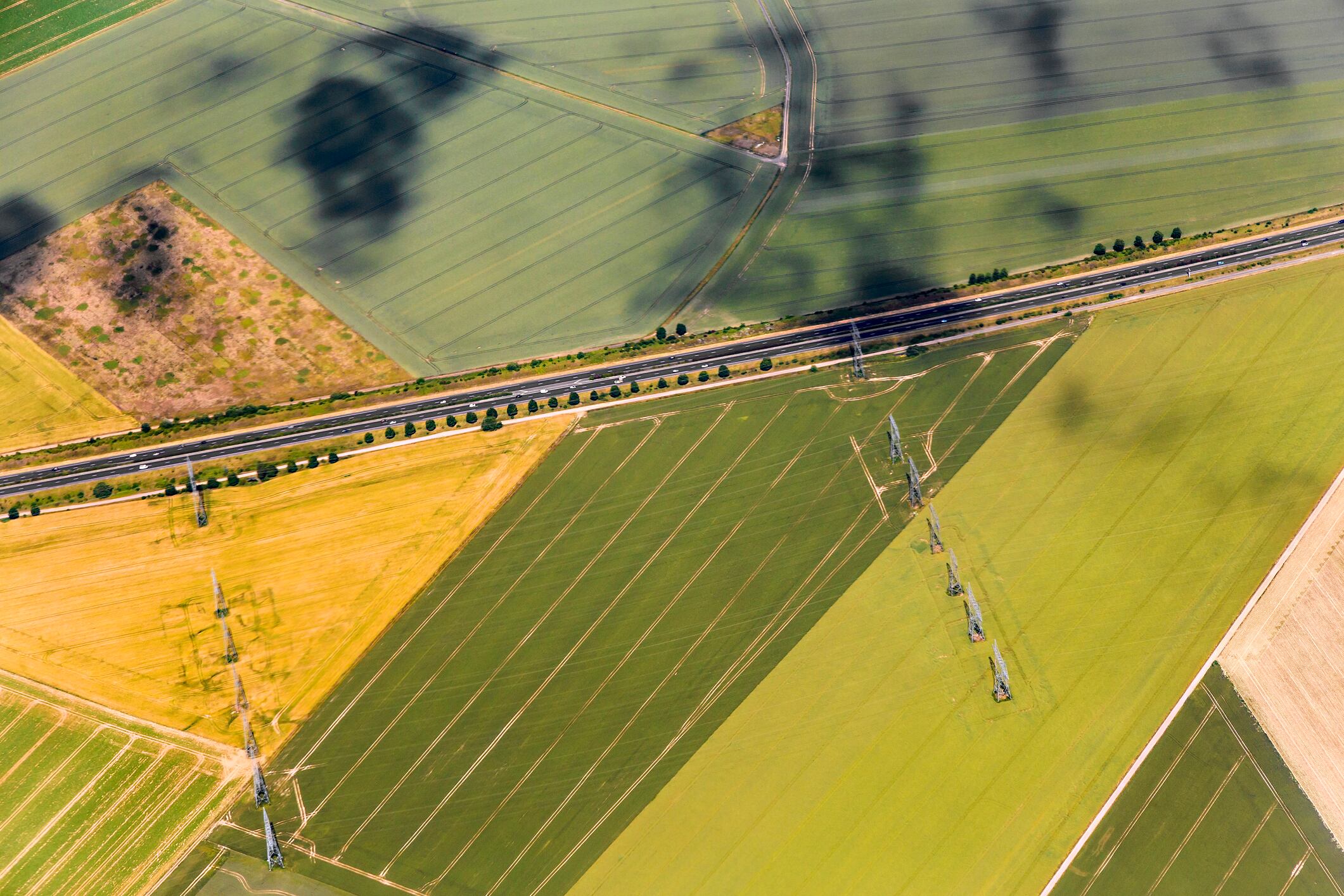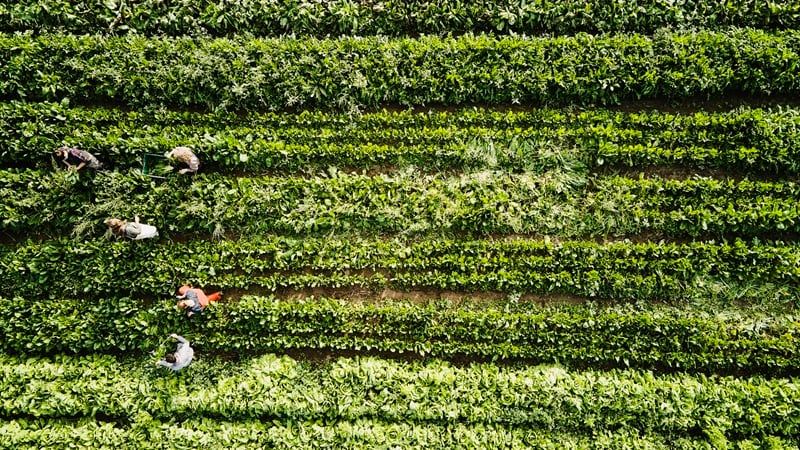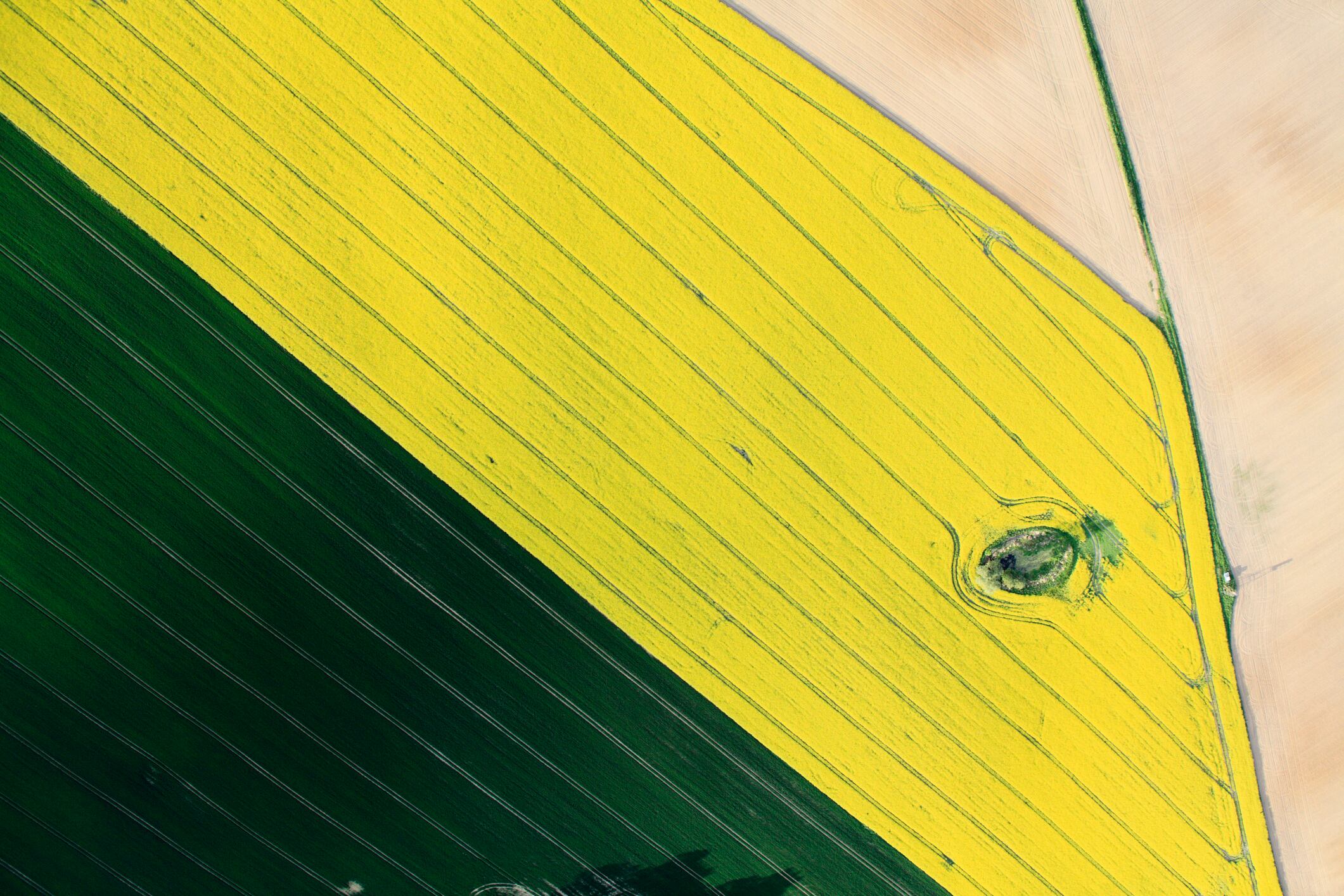Tate & Lyle has unveiled its first European regenerative agriculture programme, aimed at supporting corn suppliers in France to farm more sustainably. Developed in collaboration with leading farming cooperatives and measurement, reporting and verification (MRV) provider Regrow Ag, the initiative will enable participating farmers to understand the impact of adopting regenerative practices while allowing Tate & Lyle to monitor environmental improvements across thousands of acres of corn used in its speciality ingredients.
Through agreements with three major farming partners – Armbruster Grande Cultures, Euralis Groupe Coopératif, and Groupe Coopératif Maïsadour – the programme will initially cover nearly 5,000 acres in the northeast and southwest of France. These regions are key corn-growing areas for Tate & Lyle’s European supply chain.
Why France and why now?
Anna Pierce, director of sustainability at Tate & Lyle, told AgTechNavigator that France was chosen as the first European market because of its strategic importance and recent climate challenges.
“We selected France because it’s one of our key corn procurement areas and provides the corn we use to make ingredients at our facility in the Netherlands,” Pierce explained. “A few years ago, the area where we source corn in France experienced drought and we had to source corn from other countries, which was not optimal. This programme is a positive response to that experience and helps our suppliers to become more resilient to the effects of climate change. It also helps our customers to strengthen resilience in their supply chains.”
What practices will farmers adopt?
The programme prioritises practices that improve soil health and reduce greenhouse gas emissions, including low and no-till farming to minimise soil disturbance; cover cropping to enhance soil structure and biodiversity and nitrogen management to reduce reliance on synthetic fertilisers.
Farmers will select the most appropriate practices for their fields, supported by agronomists from the cooperatives and Regrow’s technical team. Regrow’s AI-driven software platform will quantify environmental impacts and monitor trends, integrating data into Tate & Lyle’s and its customers’ sustainability reporting.
Scaling up and incentivising change
Pierce confirmed that the programme will expand significantly over the next three to five years, with financial incentives offered to farmers to offset potential yield impacts during the transition period.
“Generally, when we see farmers implement regenerative agriculture practices, there are potential yield impacts within the first three to five years before their yields level out, and that’s addressed in part through our financial incentive programme,” she said. “Our more mature regenerative agriculture programmes in the US and China see high levels of grower retention in part due to the financial support that derisks their transition to regenerative agricultural practices and improvements in crop quality and yields over time versus conventionally grown corn and stevia.”

Part of a global sustainability roadmap
The French initiative builds on Tate & Lyle’s existing regenerative agriculture programmes for corn in the US and stevia in China. Corn is the company’s largest raw material globally and accounts for 43% of its FLAG (Forest, Land and Agriculture) emissions.
“Our current FLAG target is a 23% reduction in emissions by 2028 from a 2019 baseline,” Pierce said. “Corn provides the greatest opportunity to have an impact not only for Tate & Lyle and our customers, but also on ecosystems in the supply shed.”
The company aims to achieve net zero by 2050 and has set science-based targets for 2028, including a 38% reduction in Scope 1 and 2 emissions and a 23% reduction in Scope 3 emissions.
Driving collaboration and innovation
Anastasia Volkova, CEO and Co-Founder of Regrow Ag, praised the initiative: “Tate & Lyle’s leadership is helping accelerate the adoption of regenerative practices where it’s needed most: in Europe’s critical corn-growing regions. By pairing local agronomic expertise with credible, AI-powered measurement and monitoring, this programme demonstrates how collaboration and data transparency can drive meaningful climate action across supply chains.”
Christophe Bonno, CEO of Maïsadour, added: “As a committed cooperative, we firmly believe that regenerative agriculture represents a concrete and sustainable response to today’s agricultural challenges.”
Looking ahead
Pierce hinted that regenerative sourcing could become a requirement for all Tate & Lyle suppliers in the future as sustainability targets and regulations tighten. For now, the company sees regenerative agriculture as a way to strengthen customer relationships and enable food brands to meet their environmental commitments.
“Regenerative agriculture partnerships allow customers to use ingredients that not only make their products healthier but also have a lower environmental impact,” Pierce said. “It’s another way we can help them meet their goals and respond to consumer demand for more sustainable products.”





